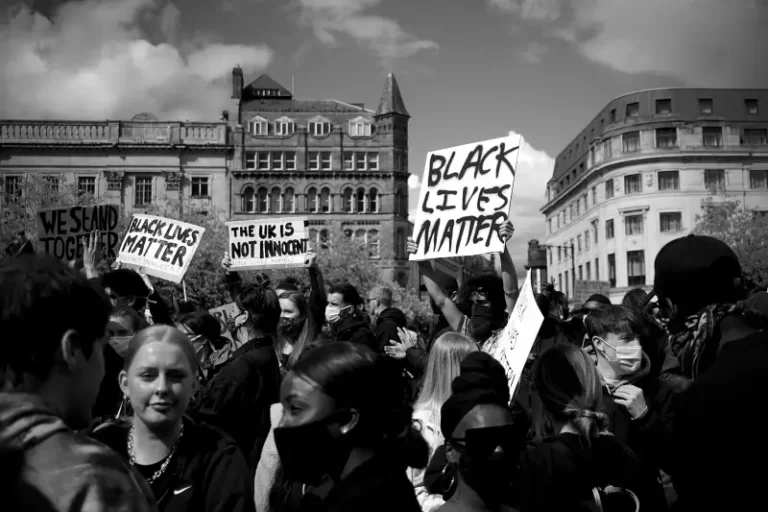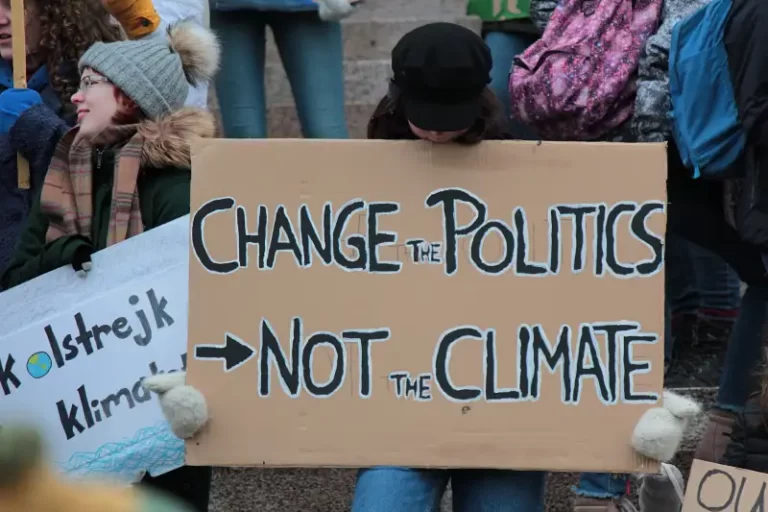
Understanding Political Instability in Sociology
Learn about the concept of political instability from a sociological perspective. Understand the causes and consequences of political instability and discover strategies for addressing it. Explore the role of social inequality, economic factors, corruption, ethnic and religious divisions, and external influences in political instability. Find out how political instability impacts the economy, society, democratic institutions, and humanitarian conditions. Discover ways to promote stability, social equality, and democratic governance to address political instability. Gain insights into the importance of strengthening democratic institutions, tackling corruption, managing ethnic and religious divisions, and fostering international cooperation in addressing political instability.



